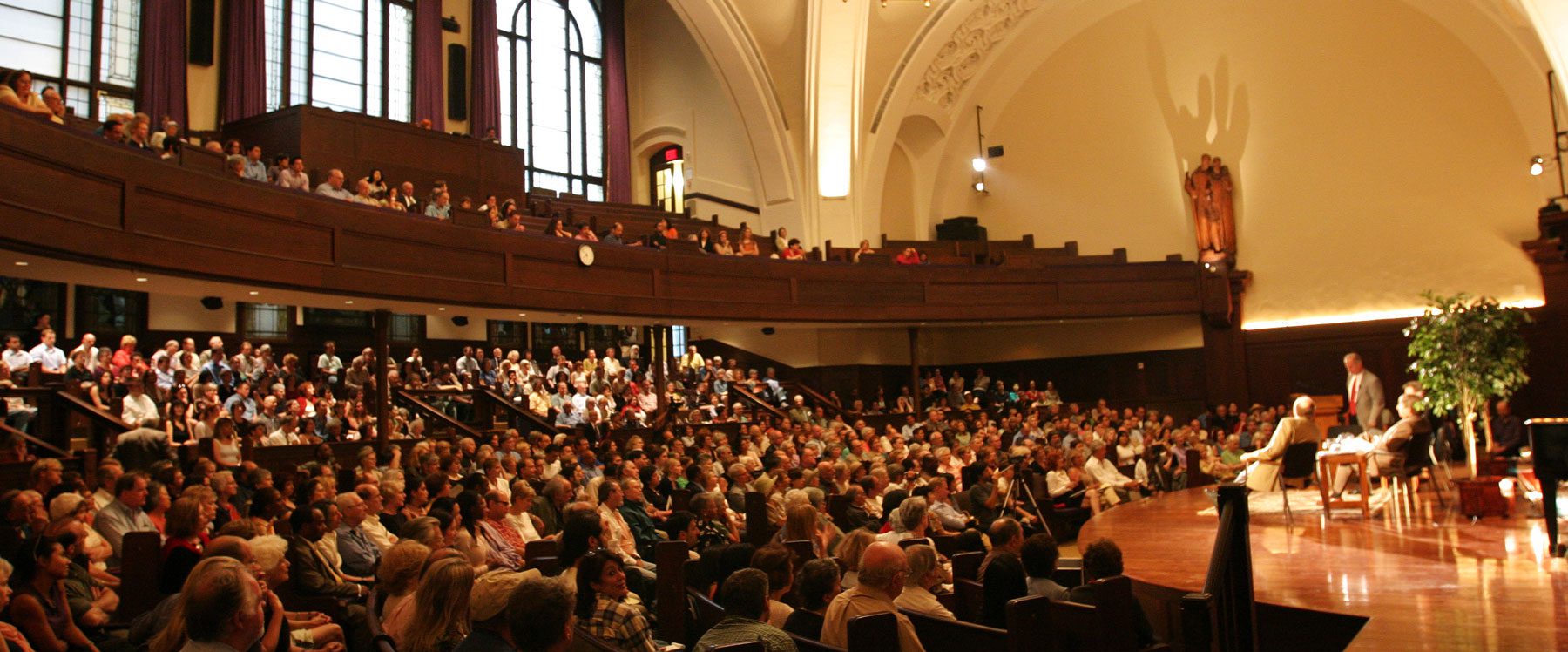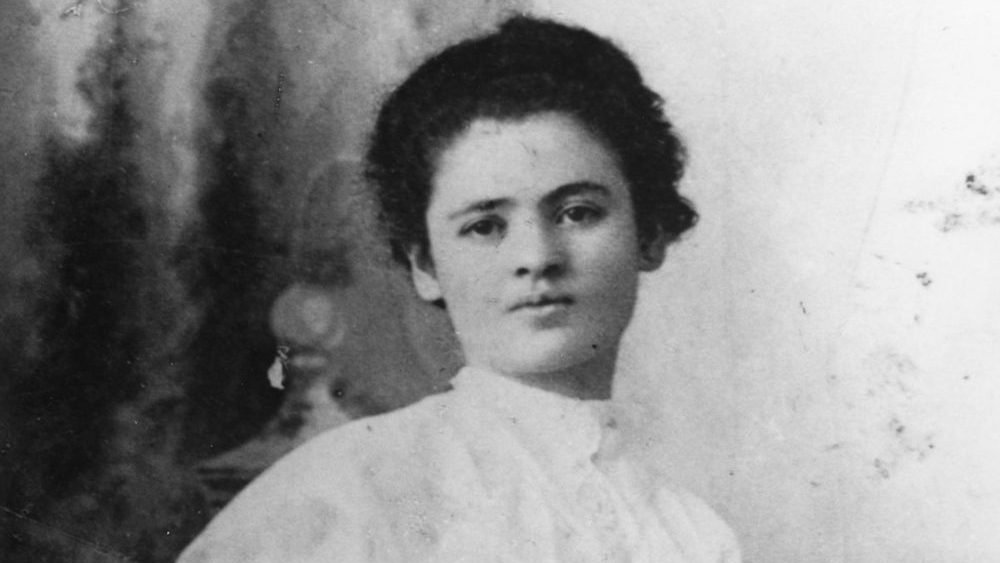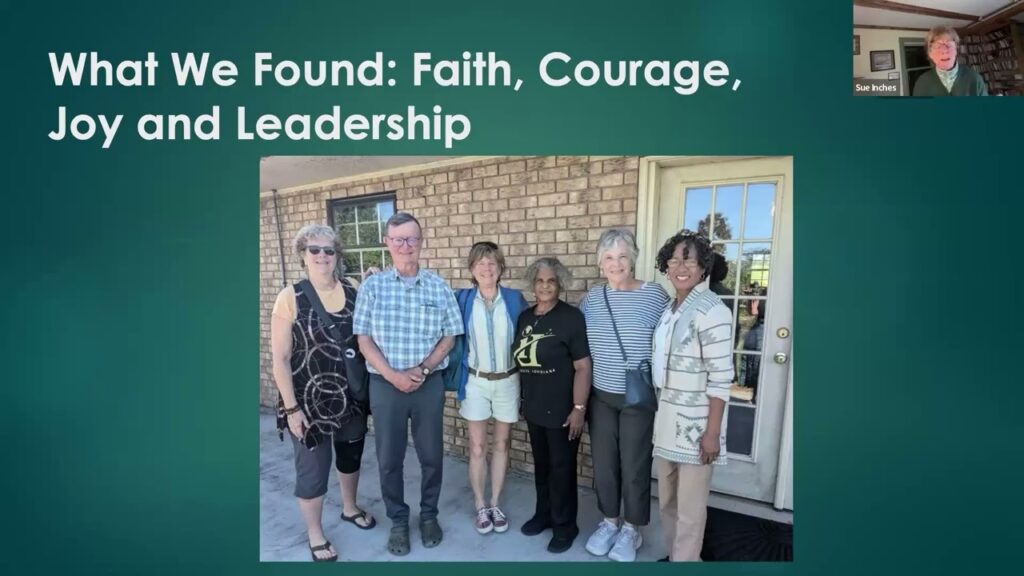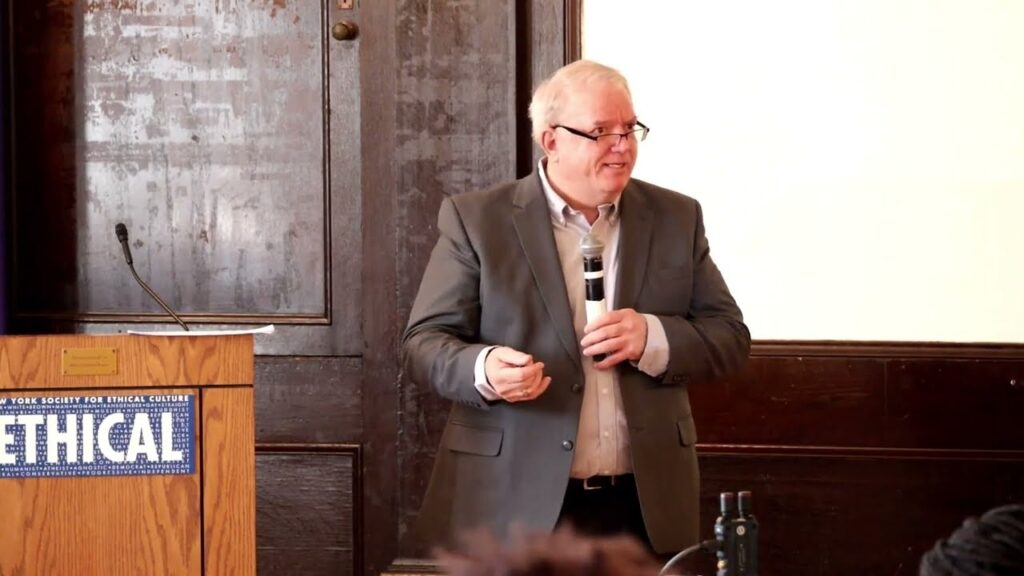
On the morning of my fourth day of fasting, I felt a little shaky, but recovered when I thought about how I would break my fast that evening at a dinner to benefit Hudson Guild, a settlement house founded by Ethical Culture Leader Dr. John Lovejoy Elliott in 1895 to address the needs of immigrant families in Chelsea. I went about my business attending a United Campus Ministry meeting at Columbia University, strolling around the campus before meeting with a student, then checking email before heading downtown. On the walk from the subway to the banquet, I thought about the choices I had made: first to fast and now to eat again. That was, of course, the most important point. How do we who have the power to make choices for ourselves influence those who have the power to make choices for others who have no power at all?
At a press conference on March 28, a large coalition of interfaith and advocacy organizations announced a broad-based movement of fasting, prayer and advocacy, in response to budget cuts proposed by Congress that would disproportionately hurt Americans living in poverty. After visiting the website listed below, I decided to join them. I was in very good company and eagerly read the statements of my fellow fasters, adding my own comments. Here are the goals outlined by Tony Hall, Executive Director of Alliance to End Hunger and a former U.S. congressman who often, during his 24 years of service, called upon “the conscience of the Congress”:
1) Reminding people about the status of vulnerable people in the United States and around the world.
In America over 45 million people live poverty, including 15 million children: the highest poverty rate since 1960. 50 million people live in food insecure households. Around the world, 925 million people suffer from severe hunger and malnutrition, and 2.1 billion live on less than $2 a day.
2) Focusing public attention on the devastating effects that Congress’ proposed cuts would have on vulnerable people.
In the name of deficit reduction, some in Congress are calling for irresponsible cuts to vital domestic and international anti-poverty and hunger programs. Suggesting that the budget can be balanced on the backs of poor people not only ignores the two largest slices of America’s budget – entitlements and military spending, it also betrays a fundamental lack of conscience.
3) Forming a CIRCLE OF PROTECTION around programs benefiting the most vulnerable people here in America and around the world.
An invitation to join in fasting, prayer and personal sacrifice to form a circle of protection around programs that, if cut, would most severely hurt vulnerable people.
At the Hudson Guild banquet, I savored the appetizers floating around the room on platters, grateful that the caterer had considered vegan and vegetarian diets, sipped from a glass of wine, and mingled with fellow supporters of a community that still takes seriously its mission to serve the needs of generations of immigrants in Chelsea. I drew attention to the NYSEC journal ad as it flashed across a huge electronic screen, reminding people of our shared history.
As I basked in the glow of a successful evening (Tens of thousands of dollars were raised to continue the Guild’s worthy programming.) and a full stomach, I reflected upon the experience of having fasted even for a short time. At the height of the Civil War in 1863, President Abraham Lincoln issued a proclamation calling the nation to a day of fasting, prayer and what he called “national humiliation” for the national sins of slavery and war. Today the moral stakes are again high.
A budget mirrors society’s ethics, and the one Congress has developed is a “national humiliation.” The voices of the poor and hungry have been drowned out in the screaming matches of partisan politics. Women’s health is used as a pawn in a game of competing social values. Public education continues to fall far behind as school districts starve their teachers. Diversity is still vilified rather than celebrated in too many places. And the science of global climate change is relegated to arbitrary belief in an effort to deny its devastating consequences. Surely it is time again to call our nation to at least one day of fasting, reflection and national humiliation.
HungerFast.org is a growing movement of those committed to fasting, prayer, and personal sacrifice to protect vulnerable people from budget cuts that lack conscience. To learn more visit www.hungerfast.org.







